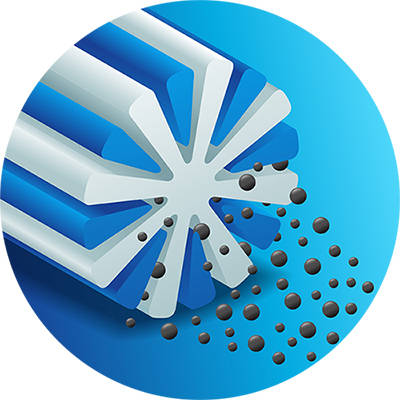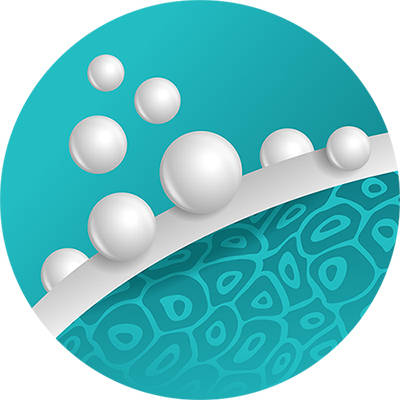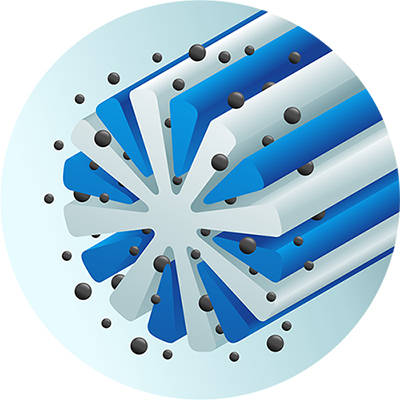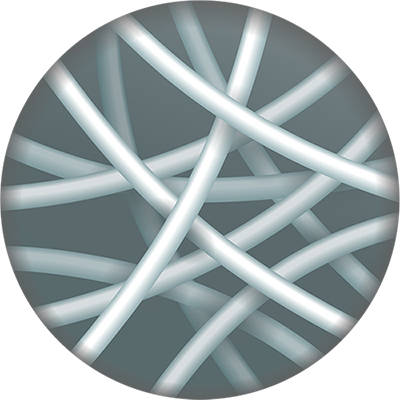Poly(styrene sulfonate sodium) Standards
- CAS: 9080-79-9
- Molecular Formula: (C8H8O3S)x.xNa
Introduction
Sodium polystyrene sulfonate, also known as PSS, is a potassium ion exchange resin composed of benzene-diethyl polymer with ethenyl-benzene, sulfonated, sodium salt. As an indispensable member of polyelectrolytes, PSS is commonly used in reactive emulsifiers, water-soluble polymers (flocculants, dispersants, container cleaning agents, cosmetics), facsimile pharmaceutical (diaphragm), semiconductors, image films, thermal conductive products and other fields.
Applications
- Adsorption Ultrafiltration Membranes
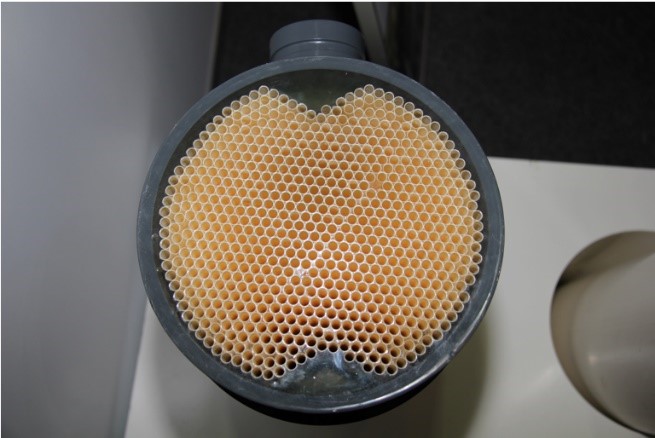
Based on strong hydrophilicity, PSS can be used to prepare adsorption ultrafiltration membranes and treat heavy metal water pollution. When PSS is gelatinized in water, it can migrate to the particle surface and be immobilized on the particle surface or pores. The adsorption ultrafiltration membrane prepared by PSS can not only remove macromolecules and colloids in water, but also remove toxic and harmful cations in water. In addition, as a unique water-soluble polymer, PSS can disperse large fouling particles into fine particles and suspend in water due to the strong wetting and dispersing effect of the sulfonic acid group on its macromolecular chain. Therefore, PSS is mainly used as scale inhibitor and dispersant in water treatment, and can also be used as flocculant in combination with other flocculants.[1]
- Metal-Organic Framework Membranes
PSS can be used in the fields of metal-organic framework membranes and ion separation. The PSS and metal hydroxide nanowire solutions were mixed and stirred, and then the PSS was in situ introduced into the pores of the metal-organic framework membrane. Mechanistically, the sulfonic acid of PSS modifies the inner wall of the pores of the metal-organic framework film pores, changing its affinity for ions and realizing the function of ion separation.[2]
PSS is considered ideal for positive osmosis solutions due to its advantages as an ionic polymer. On the one hand, PSS can be ionized, resulting in higher osmotic pressure and water flux. On the other hand, the reverse salt flux of PSS is lower.[3] In addition, PSS can also be used to prepare sodium polystyrene sulfonate cation exchange resin for adjuvant treatment of hyperkalemia.[4]
If you are interested in our poly(styrene sulfonate sodium) standards, please contact us immediately!
References
- Espe, M.P. et al. Structural Characterization of Poly(Sodium 4-Styrene Sulfonate)/CdS Semiconductor Nanoparticle Composites. Trans Tech Publications. 2010, 123-127.
- Grinberg, V.Y. et al. Conformation-dependent affinity of protein-like copolymers for small ligands. Poly(NIPAM-co-sodium styrene sulfonate) Polyamines systems. Polymer: The International Journal for the Science and Technology of Polymers. 2016, 103: 307-314.
- Shirahama, K. et al. Interaction between poly(styrene sulfonate) and dodecylpyridinium chloride in ethanol-water mixed solvents. Colloids and Surfaces a Physicochemical and Engineering Aspects. 1999, 147(1): 133-138.
- Oostwal, M.G. et al. Polyion Selfdiffusion in Salt-Free Solutions of Sodium Poly(Styrene Sulfonate). Ztschrift Fr Elektrochemie Berichte Der Bunsengesellschaft Fr Physikalische Chemie. 2010, 94(3): 379-381.





